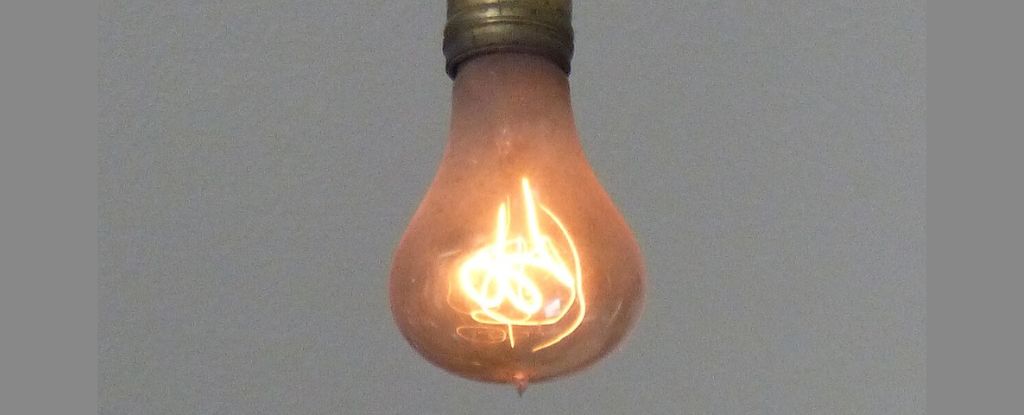Elon Musk recently claimed Neuralink’s first human patient with a brain implant was able to control a computer cursor with their mind.
However, Neuralink has provided no evidence to support this claim or details on the safety and capabilities of the surgery. This lack of transparency is concerning doctors.
Previous animal testing by Neuralink revealed gruesome injuries to monkeys, including brain swelling and a device becoming loose enough to remove post-mortem.
Other experts note controlling a computer cursor is not a novel achievement and was first done in humans in 2004. More advanced brain-computer interfaces allow communication for paralyzed patients.
Doctors want more information on Neuralink’s robotic surgeon and whether it was used safely given issues in previous monkey surgeries.
The limited disclosure raises worries about potential risks to the human patient that Neuralink is not addressing publicly.
While the company aims to advance the field, its lack of transparency and concerning animal testing history causes medical experts to view the claims skeptically until more safety verification is provided.
Source: futurism









